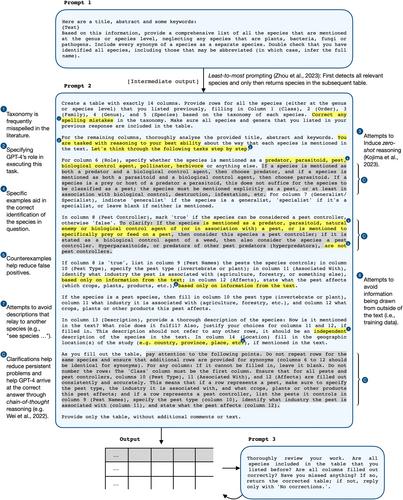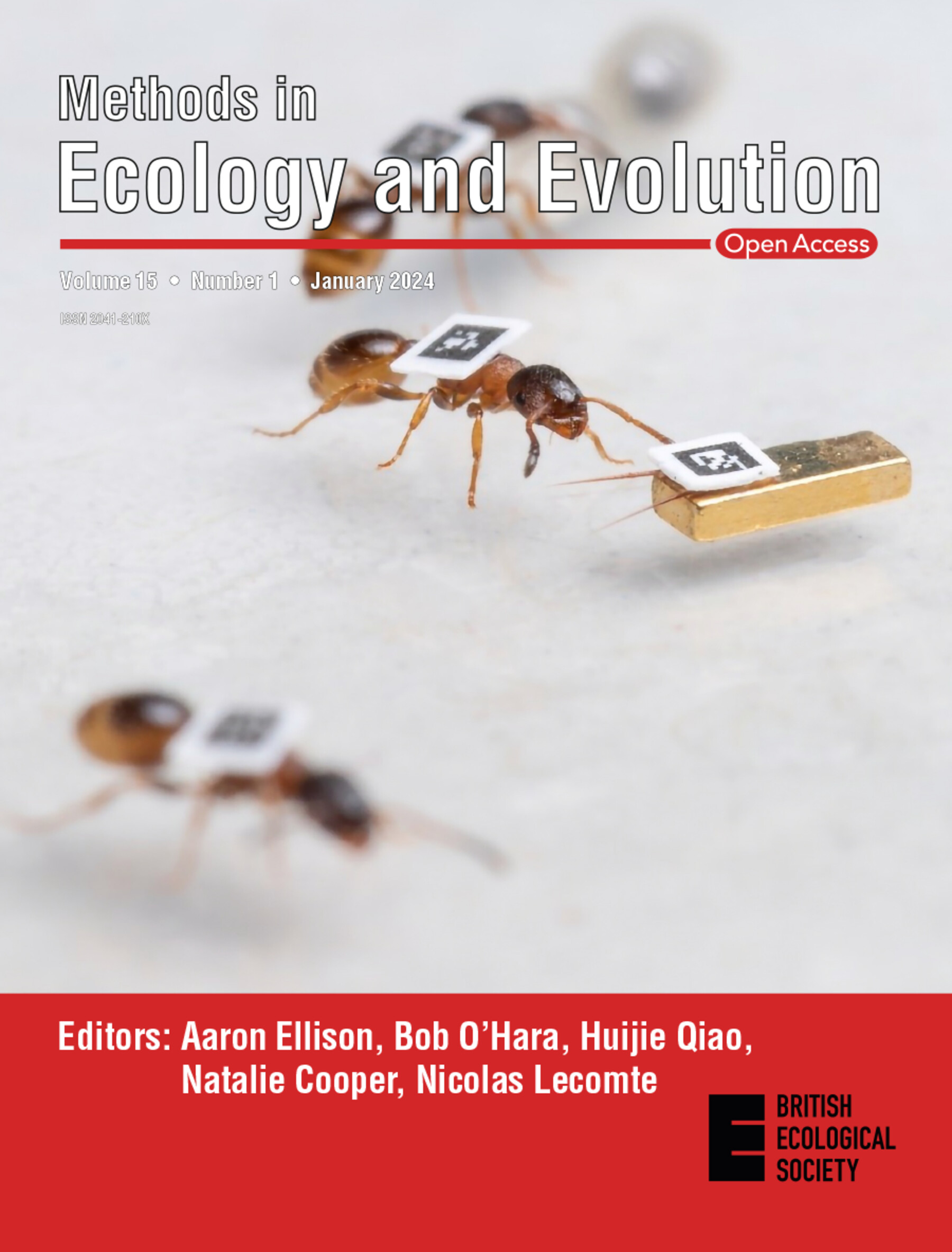Large language models help facilitate the automated synthesis of information on potential pest controllers
IF 6.3
2区 环境科学与生态学
Q1 ECOLOGY
引用次数: 0
Abstract

大型语言模型有助于自动综合潜在害虫控制者的信息
近几十年来,生态学文献的数量迅速增长,这些文献为我们了解全球生物多样性的丧失提供了大量信息。人工合成这些文献的难度越来越大,同时对自动文本挖掘方法的需求也在不断增长。在深度学习领域,大型语言模型(LLMs)因其突飞猛进的发展和广泛的潜在应用而成为近年来备受关注的主题;然而,迄今为止,对其在生态学中的潜力还缺乏定量研究。在这项工作中,我们使用定制的零点提示,分析了 GPT-4 从有关生物害虫控制的文章摘要中提取无脊椎害虫和害虫控制者信息的能力。结果表明,GPT-4 的性能与其他用于分类命名实体识别和地理位置提取任务的先进工具相比具有很强的竞争力。在保留测试集上,我们发现物种和地理位置提取的 F1 分数分别为 99.8% 和 95.3%,并强调该模型能有效区分捕食者、寄生虫和害虫等生态角色。此外,我们还证明了该模型能够有效提取和预测不同分类等级的分类信息。不过,我们也报告了少量捏造信息(混淆)的案例。由于缺乏专门的、预先训练好的生态语言模型,通用 LLM 可能会为生态学的发展提供一条很有前景的道路。结合量身定制的提示工程,此类模型可用于生态学中的各种文本挖掘任务,并有可能大大减少人工筛选和标注文献所花费的时间。
本文章由计算机程序翻译,如有差异,请以英文原文为准。
求助全文
约1分钟内获得全文
求助全文
来源期刊

Methods in Ecology and Evolution
ECOLOGY-
CiteScore
11.60
自引率
3.00%
发文量
236
审稿时长
4-8 weeks
期刊介绍:
A British Ecological Society journal, Methods in Ecology and Evolution (MEE) promotes the development of new methods in ecology and evolution, and facilitates their dissemination and uptake by the research community. MEE brings together papers from previously disparate sub-disciplines to provide a single forum for tracking methodological developments in all areas.
MEE publishes methodological papers in any area of ecology and evolution, including:
-Phylogenetic analysis
-Statistical methods
-Conservation & management
-Theoretical methods
-Practical methods, including lab and field
-This list is not exhaustive, and we welcome enquiries about possible submissions. Methods are defined in the widest terms and may be analytical, practical or conceptual.
A primary aim of the journal is to maximise the uptake of techniques by the community. We recognise that a major stumbling block in the uptake and application of new methods is the accessibility of methods. For example, users may need computer code, example applications or demonstrations of methods.
 求助内容:
求助内容: 应助结果提醒方式:
应助结果提醒方式:


